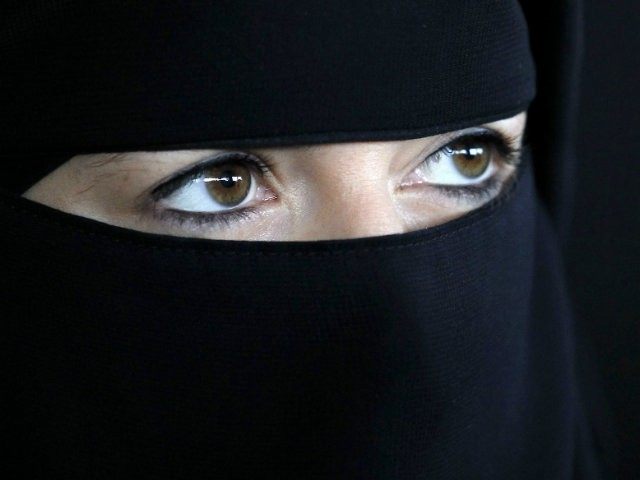The Globe and Mail’s William A. MacDonald implores Canadians not to express “Islamophobia” in response to the Islamic State (ISIS/ISIL/IS) or “homegrown extremists,” stating: “We cannot let 0.003 percent of the Muslim world speak for the other 99.997 percent.”
In responding to the rise of the Islamic State with a rallying cry to fight the real enemy, “Islamophobia,” MacDonald makes a number of dubious claims, beginning with his argument that “99.997 percent” of Muslims are peaceful. He does not cite any poll data to make this assertion, perhaps with good reason.
Well-publicized Pew Research Forum studies of Muslim attitudes around the globe reveal widespread support for Islamic terrorist groups and Sharia Law. Notably, in seventeen of twenty-three countries where the question was asked, at least half of Muslims say Sharia is the revealed word of God. Majorities of Muslims across South Asia, Southeast Asia, sub-Saharan Africa, and the Middle East-North Africa region support the fusion of Sharia Law and the state. Large swathes of Muslims polled around the world support corporal punishments for theft, such as the cutting off of hands. Majorities of Muslims polled in Afghanistan, Pakistan, Egypt, Jordan, and the “Palestinian territories” support the death penalty for apostasy. Substantial portions of Muslims polled also support stoning as a punishment for adultery. Over a third of Muslims polled in Egypt, Jordan, Lebanon, and Tunisia view Hamas favorably. In eleven Muslim-majority countries from Lebanon to Indonesia, 13% was the median share of Muslims polled who viewed al-Qaeda favorably.
MacDonald continues by claiming that “no Muslim country is in the world’s top 20 in terms of homicides per capita, nor is Islam associated with any of the 10 largest genocides in history.”
Accepting the premise drawn from United Nations data as true, a broader comparative analysis of countries based on intentional killings, including war and terrorism, paints a different picture. Studies involving homicide often dismiss Muslim-majority countries because they are considered to be in a state of war, where defining what is a homicide (as opposed to the killing of a war combatant) or keeping track of who is dying is near impossible due to the absence of coherent states. Thus, South America, Central America, and the Caribbean have come to dominate highest murder rate lists. Broadening the comparison of “Muslim countries” (to borrow MacDonald’s term) with other countries to include displaced persons fleeing strife and war, the numbers show that half of the world’s refugees in 2014 originated from three “Muslim countries”: Syria, Afghanistan, and Somalia.
MacDonald then prescribes “accommodation” of Islam to resolve “the relationship” between it and “the rest of the world.” He suggests extricating terms like “Islamic” and “Muslim” from our political lexicon:
The only long-run solution to the relationship between Islam and the rest of the world is rooted in mutual accommodation. Whatever is being done to fight terrorism must always keep that reality in mind. Words matter, and we should avoid to the extent possible including the terms Islamic or Muslim in our descriptions of extremism or terrorism, even if the violence is being done in the name of Islam. Readers already know that’s what al-Qaeda and Islamic State claim.
On the issue of Islamic face-coverings for women such as niqabs, MacDonald asserts that they are “incompatible with the openness that has become part of the Canadian way.” His next sentence states that niqabs, however, represent “no threat to anyone.”
The article closes out with reading recommendations, including Karen Armstrong’s Muhammad: A Prophet for Our Time. Armstrong is noteworthy for having said Sam Harris’s description of Islam as “the motherlode of bad ideas” was reminiscent of anti-Semitic rhetoric that “led to the concentration camps in Europe.”

COMMENTS
Please let us know if you're having issues with commenting.